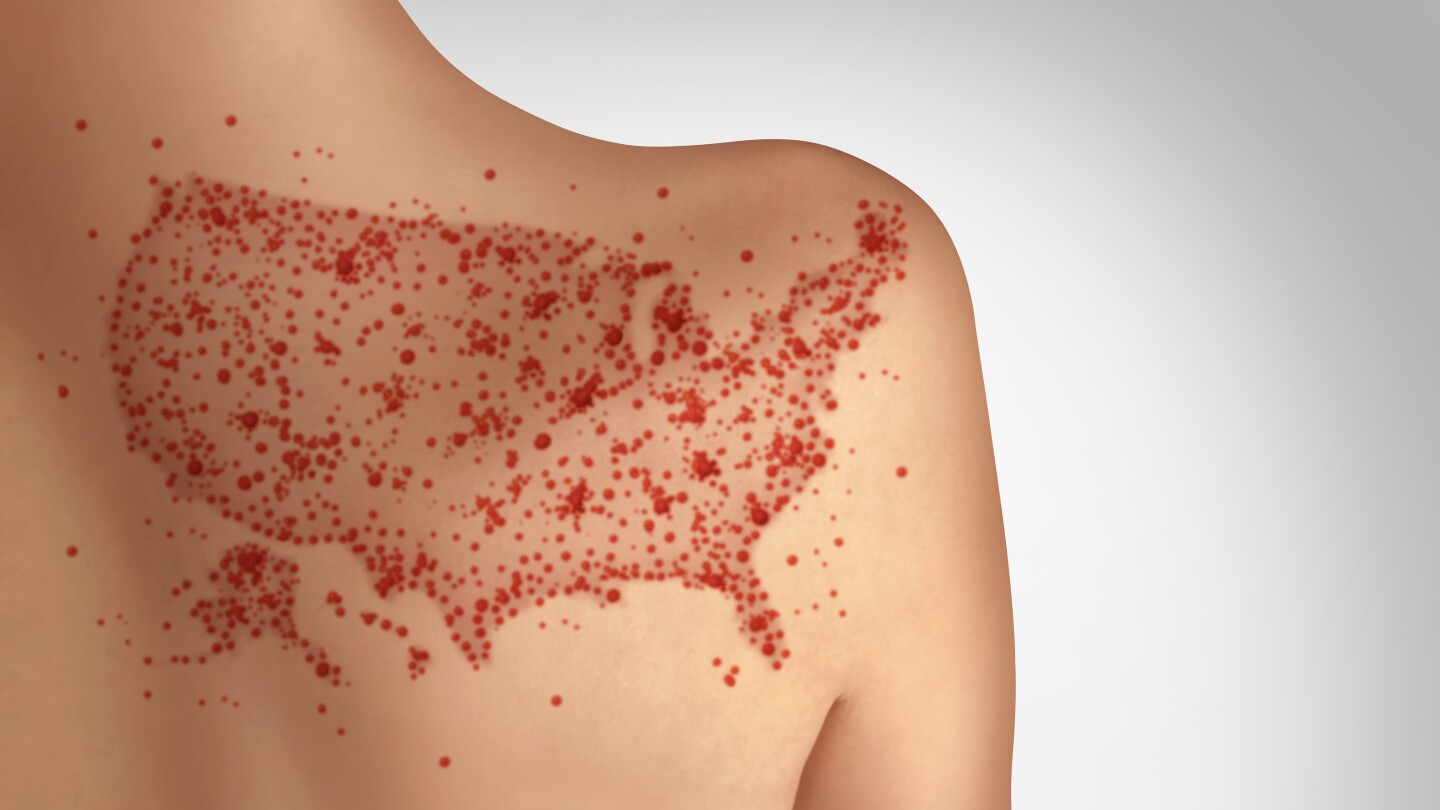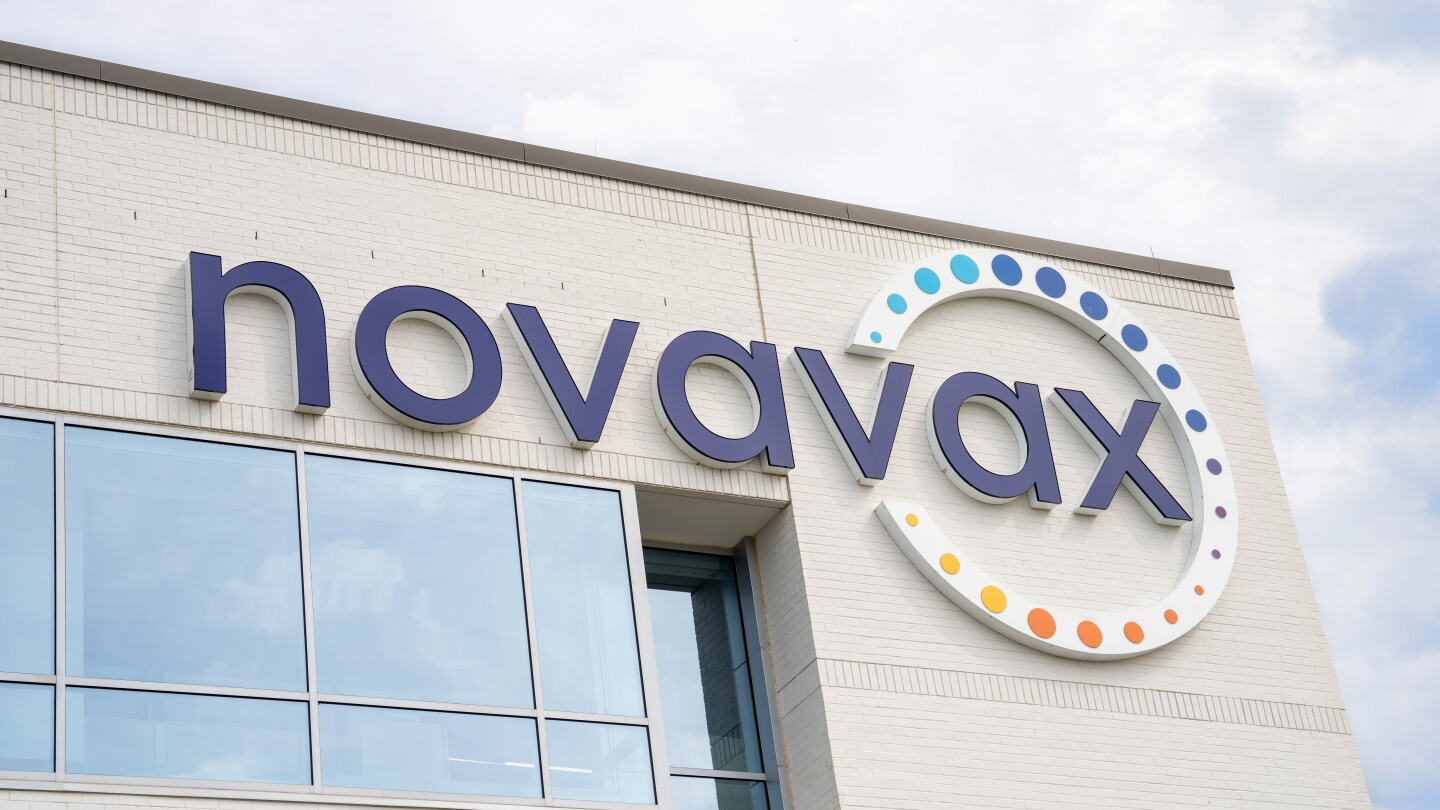News
According to Makary, reducing user fees—which make up just under half of the FDA’s budget—could make it easier for smaller companies, individual investors and academics to participate in the process.
FEATURED STORIES
There are currently no treatments available for celiac disease beyond a gluten-free diet. Several late-phase companies aim to change the paradigm and deliver hope and progress soon.
As the year gets underway, analysts and biotech executives highlight cell therapy’s pivot from oncology to autoimmune diseases, a continued appetite for next-generation obesity drugs and an increased focus on neuromuscular, kidney and cardiovascular diseases.
Even before the FDA’s recent approval of Dato-DXd in breast cancer, analysts predicted sales of the antibody-drug conjugate could hit $5.9 billion in 2030. However, the asset faced a series of setbacks in 2024.
Job Trends
Innate Pharma SA and Sanofi announced that Sanofi has exercised its option to license a natural killer cell engager program in solid tumors from Innate’s ANKET® platform pursuant to the terms of the research collaboration and license agreement signed in December 2022.
FROM OUR EDITORS
Read our takes on the biggest stories happening in the industry.
Following restricted vaccine approvals and changes to CDC immunization schedules, Merck, Pfizer, GSK and Sanofi are all suffering revenue hits to their vaccine programs.
THE LATEST
In an interview on Friday, FDA Commissioner Marty Makary threw his weight behind psychedelic therapies, noting that patients taking these substances experience significant benefits for various neuropsychiatric conditions.
The deal comes three months after Pfizer inked a PD-1/VEGF partnership with Summit Therapeutics, leading BMO Capital Markets to express confusion regarding the pharma’s overall strategy.
In a year when eradicated diseases are on the uptick in America, how will American children survive RFK Jr.’s vaccine scrutiny and inconsistency? Two experts call on pharma and regulatory bodies to rebuild trust.
A new generation of checkpoint inhibitors is emerging, with some showing more promise than others. From recent TIGIT failures to high-potential targets like VEGF, BioSpace explores what’s on the horizon in immuno-oncology.
Govorestat failed to meet its primary endpoint in a Phase II/III trial for a rare form of Charcot-Marie-Tooth disease, a few months after the FDA rebuffed the same drug in a similar indication.
Regeneron promised to comply with 23andMe’s consumer privacy policies and related data security laws.
Taking center stage at the American Society of Gene and Cell Therapy meeting was the first-ever reported case of a personalized in vivo CRISPR editing therapy, which substantially eased the symptom burden in an infant.
The restrictions on Novavax’s vaccine could portend changes at the FDA. Commissioner Marty Makary suggested last week that the agency could update its vaccine approval guidelines “in the coming days.”
Analysts at BMO Capital Markets said in a weekend note that a non-invasive blood test could help boost uptake of Alzheimer’s disease therapies.
The FDA and NIH recently announced plans to phase out animal testing requirements for some therapies. While organoid and AI providers celebrate, scientists warn that questions over safety, applicability and implementation remain.

















